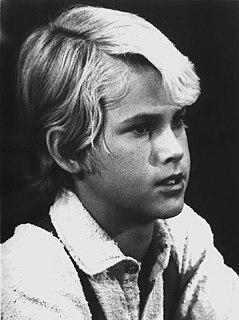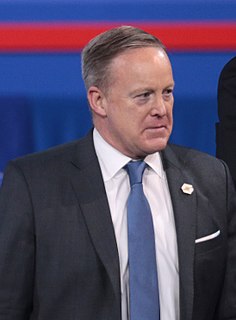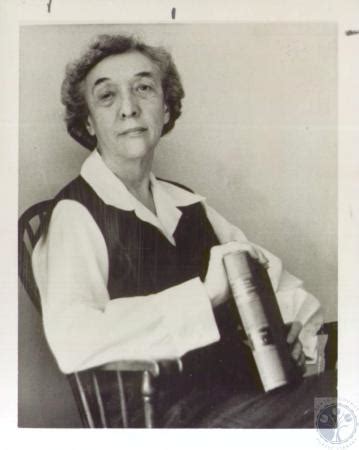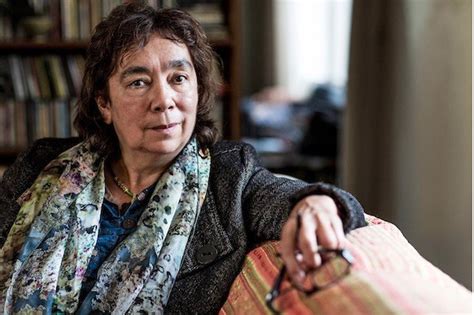A Quote by Sobhita Dhulipala
Stories are told not to preach or counsel people but to reflect the dilemmas of our time.
Related Quotes
Pastoring the flock with words. I love that. We always have a prayer time in the middle of our service. We take about eight or ten minutes before I preach, after we've sung, and invite people to come forward for prayer. That's a tender moment to me. I don't preach much in that, but I like to speak to the people.
I mean these are universal themes. I try not to preach, for sure. I don't enjoy movies that preach - so I don't want to preach myself when I tell stories because I just feel all of these themes are built into us in terms of redemption and mercy and love and compassion and all these things. And the negative sides, as well.
Each of us is comprised of stories, stories not only about ourselves but stories about ancestors we never knew and people we've never met. We have stories we love to tell and stories we have never told anyone. The extent to which others know us is determined by the stories we choose to share. We extend a deep trust to someone when we say, "I'm going to tell you something I've never told anyone." Sharing stories creates trust because through stories we come to a recognition of how much we have in common.
I think most people aren't really privy to how stories are developed and what stories are - make it to the front page or to the mainstream media, whether it's in print or in broadcast. And I think they'd be shocked and disappointed to see some of the bias that exists in some of the stories that don't get told - or the manner in which they are told.
William Shakespeare was the most remarkable storyteller that the world has ever known. Homer told of adventure and men at war, Sophocles and Tolstoy told of tragedies and of people in trouble. Terence and Mark Twain told cosmic stories, Dickens told melodramatic ones, Plutarch told histories and Hans Christian Andersen told fairy tales. But Shakespeare told every kind of story – comedy, tragedy, history, melodrama, adventure, love stories and fairy tales – and each of them so well that they have become immortal. In all the world of storytelling he has become the greatest name.
You look at the Koran or the Bible, they all tell the same stories. You see them as the stories of the Middle East. The stories reflect who these people were in the Middle East, and this is where Western culture came from. All our literature is basically influenced by these great myths. So I'm fascinated by it. You could almost say I'm obsessed with it. But if you're asking about the effect of religion on my life - almost everything I do is opposed to the practice of religion.



































